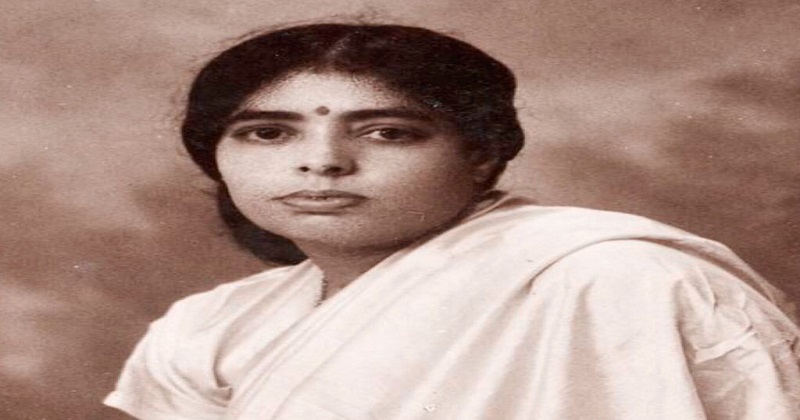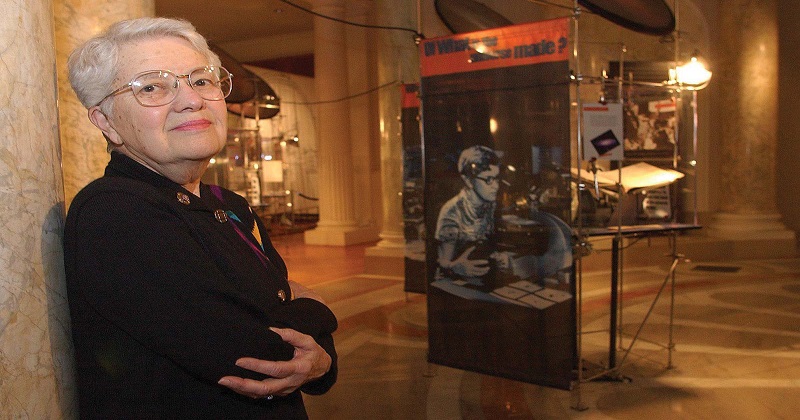
The skill does not depend on the gender, women can be just as good athletes as men. women are left off the roster, even though they’ve long made significant strides in science — including in eras when they were excluded from formal education and careers in the field. It was only until recently that female scientists have come out of the shadows of history.
Marie Curie, Physicist and Chemist
Nov. 7, 1867-July 4, 1934

Chief among Curie’s many achievements include discovering radioactivity and inventing a mobile X-ray unit that was employed during World War I. With her husband, Pierre, Curie also discovered the radioactive elements polonium and radium — and developed techniques for isolating radioactive isotopes. In 1903, Curie became the first woman to win a Nobel Prize. After her first win in physics, she later earned an award in chemistry — making her the first person to have been awarded twice.
Janaki Ammal, Botanist
Nov. 4, 1897-Feb. 7, 1984

As India’s first female plant scientist, Ammal developed several hybrid species still grown today. She also advocated for protecting the biodiversity of India.
Chien-Shiung Wu, Physicist
May 31, 1912-Feb. 16, 1997

Wu was the first scientist to confirm — and later refine — Enrico Fermi’s theory of radioactive beta decay. She is also known for her “Wu experiment,” which overturned the theory of parity in physics. This breakthrough led to a Nobel Prize that was awarded to her male colleagues, with Wu’s critical role in the work overlooked.
Vera Rubin, Astronomer
July 23, 1928-Dec. 25, 2016

Rubin discovered the existence of dark matter, the strange glue that holds our universe together. Her contribution is regarded as one of the most significant discoveries of the 20th century — work many feel should have been awarded a Nobel Prize.
Gladys West, Mathematician
1930-

West’s work in developing mathematical modeling of the shape of the Earth served as the foundation of GPS technology. In 2018, she was inducted into the U.S. Air Force Space and Missile Pioneers Hall of Fame, one of the Air Force space command’s highest honors.
Flossie Wong-Staal, Virologist and Molecular Biologist
Aug. 27, 1947-

Wong-Staal was the first scientist to clone HIV and create a map of its genes, which led to a test for the virus.

Post Your Comments